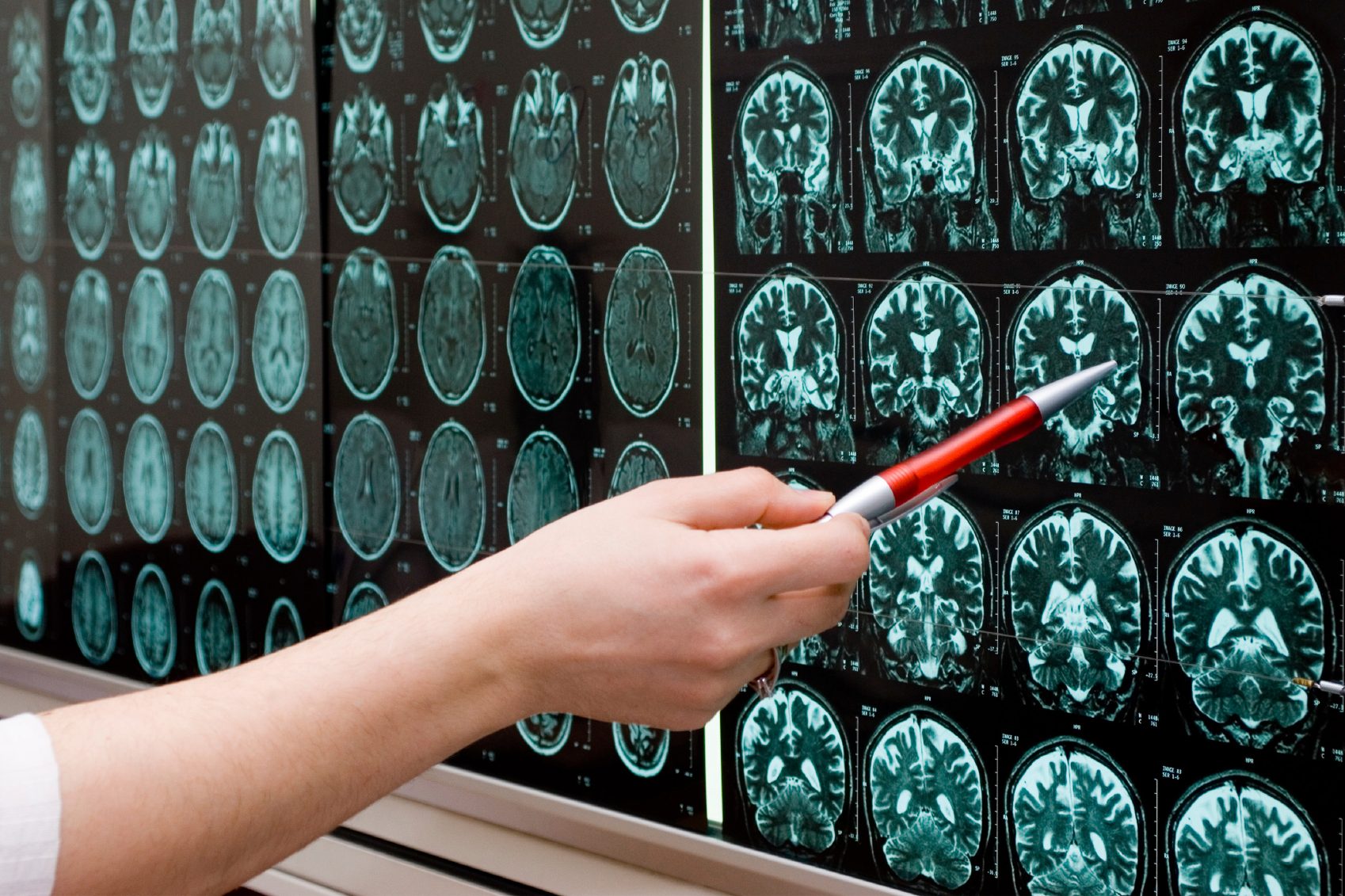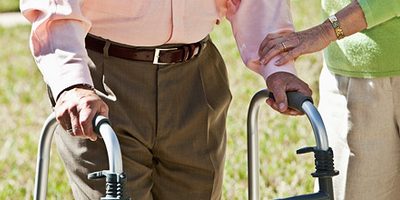
Study on stroke rehabilitation in rural China launched
On March 3, 2014, the RECOVER trial, a randomized controlled trial on rehabilitation through caregiver-delivered nurse-organized service programs for disabled stroke patients in rural China, was officially launched.
The RECOVER trail is proposed to develop, implement, and evaluate an evidence-based caregiver-delivered stroke rehabilitation program designed to improve the physical functioning of disabled stroke patients in rural China.
Stroke is the second leading cause of mortality worldwide, contributing to around 10% of the total deaths, 87% of which occurred in low and middle income countries. Stroke is also the leading cause of acquired disability in adult. Up to 75% of stroke survivors suffer from disabilities at onset of stroke.
“Stroke rehabilitation services can reduce disability and improve the ability for self-care, mobility, and functioning among stroke patients. However rehabilitation services are far from adequate in China, especially in rural China where resources and trainings are limited.”
The Principal Investigator of the project, Professor Jingpu SHI from the Department of Clinical Epidemiology, China Medical University, spoke about the importance of rehabilitation services and the need for RECOVER.
“By training the caregivers to provide key information on stroke care, RECOVER is expected to improve the health and physical functions of stroke patients, as well as their quality of life.”
The main study of RECOVER will be conducted in two county hospitals (one in Zhangwu County, Liaoning and one in Qingtongxia County, Ningxia) among 200 hospitalized stroke patients for one year.
“Eligible patients will be randomized to either intervention group or control group within seven days of hospital admission.” Professor Lijing YAN, the project’s Co-Principal Investigator and Deputy Director of The George Institute for Global Health at Peking University Health Science Center, introduced.
“Patients in the intervention group will receive stroke care from a family-nominated caregiver, who will be trained by a specially trained nurse and guided by an easy-to-understand rehabilitation manual. Before discharge from the hospital, the assessments of the patients’ physical functioning, quality of life, and caregiver burden will be conducted, with follow-up assessments at three, six, and 12 months,” added Professor YAN.
In addition to the primary objective of the study, RECOVER is also supposed to relieve caregiver burden and contribute to capacity building, and potentially to guide future programs and policies that can improve health outcomes and reduce inequities for stroke patients in resource-scarce settings.
The study is supported by the China Medical Board, a US-based organization aiming to advance health in China and neighboring Asian countries through strengthening medical, nursing and public health research and education.
The study’s first Trial Investigator Meeting was held to discuss and refine the intervention and implementation plans. Participants included investigators and researchers from China Medical University, Peking University First Hospital, Ningxia Medical College, Duke Clinical Research Institute, University of Oxford and The George Institute for Global Health.


